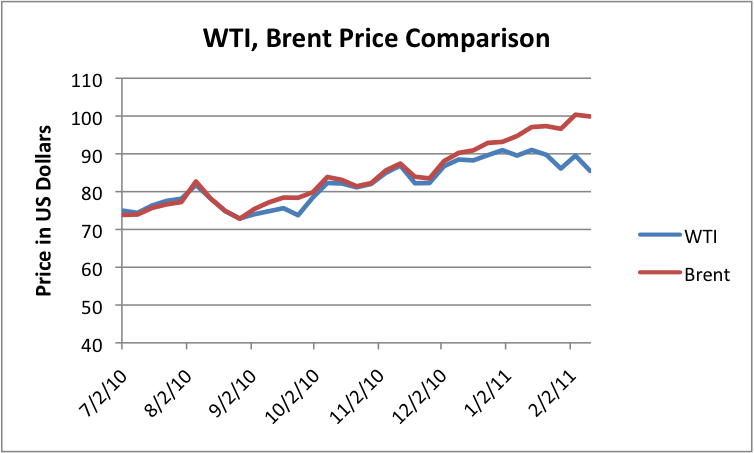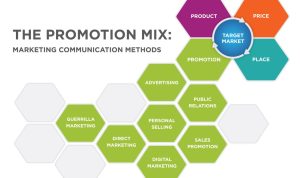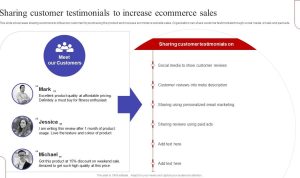How to Price Health Products Effectively is a crucial question for anyone involved in the health product market. Proper pricing not only affects sales but also influences consumer perception and brand reputation. Understanding the right strategies and methodologies can help businesses find that sweet spot between profitability and customer satisfaction, ensuring long-term success in a competitive environment.
With the ever-growing demand for health products, it’s essential to explore various pricing strategies, analyze market trends, and assess consumer behavior. This approach helps in setting a price that reflects the product’s value while being attractive to potential buyers. In this discussion, we will delve into effective pricing techniques, the role of market research, and how to align pricing with consumer expectations.
In the contemporary business environment, digital marketing is no longer an optional strategy; it has become a necessity. As technology continues to evolve, businesses must adapt their marketing strategies accordingly to stay competitive. Digital marketing encompasses various online channels and techniques that allow brands to connect with their target audiences more effectively. This article explores the significance of digital marketing, its various components, and how businesses can leverage it to achieve their goals.
Understanding Digital Marketing
At its core, digital marketing refers to any form of marketing that occurs online. Unlike traditional marketing methods, which may rely on print media, television, or radio, digital marketing utilizes platforms such as social media, search engines, email, and websites to reach customers. The primary goal is to connect with potential customers where they spend a significant amount of their time—online.
Why Digital Marketing Matters
One of the most compelling reasons to invest in digital marketing is the sheer volume of people online. According to recent statistics, over 4.9 billion people use the internet globally. This number continues to grow, highlighting the vast potential market that businesses can tap into. Here are some key reasons why digital marketing is essential:
- Wider Reach: Digital marketing enables businesses to reach a global audience, breaking geographical boundaries.
- Cost-Effectiveness: Compared to traditional marketing, digital marketing often requires a lower investment. Many digital channels, such as social media, are free to use, allowing businesses to create accounts and engage with customers without significant costs.
- Targeted Marketing: Digital marketing allows for more precise targeting. Businesses can use data analytics to identify their ideal customers and tailor their marketing efforts to meet their needs.
- Measurable Results: One of the key benefits of digital marketing is the ability to measure results in real-time. Tools like Google Analytics enable businesses to track user interactions, conversions, and the effectiveness of campaigns.
- Increased Engagement: Digital marketing fosters direct communication between brands and customers, enhancing engagement. Platforms like social media facilitate two-way interactions, allowing customers to provide feedback and connect with brands.
Key Components of Digital Marketing
To effectively harness the power of digital marketing, businesses should understand its various components. Each plays a crucial role in developing a comprehensive strategy:
1. Search Engine Optimization ()
involves optimizing a website to rank higher in search engine results. It includes both on-page and off-page strategies aimed at improving visibility. By employing best practices, businesses can attract organic traffic and increase their chances of converting visitors into customers.
2. Content Marketing
Content marketing focuses on creating valuable and relevant content to attract and engage the target audience. This can include blog posts, videos, infographics, and more. Quality content not only helps establish authority but also encourages sharing and interactions, further expanding reach.
3. Social Media Marketing
Social media marketing involves using platforms like Facebook, Instagram, Twitter, and LinkedIn to engage with customers. Businesses can create targeted ads, conduct promotions, and share content to generate interest and drive traffic to their websites.
4. Email Marketing
Email marketing remains one of the most effective digital marketing strategies. By sending personalized and targeted emails to subscribers, businesses can nurture leads and maintain relationships with customers. Email campaigns can inform customers about promotions, new products, or valuable content.

5. Pay-Per-Click Advertising (PPC), How to Price Health Products Effectively
PPC advertising allows businesses to display ads on search engines and other platforms, paying only when someone clicks on their ad. This approach provides a quick way to gain visibility and drive traffic, especially for new products or services.
Building a Digital Marketing Strategy
Creating a successful digital marketing strategy requires careful planning and execution. Here are the essential steps to consider:
1. Set Clear Goals
Before diving into digital marketing, businesses must establish clear and measurable goals. Whether it’s increasing website traffic, generating leads, or boosting sales, having specific objectives helps guide the marketing efforts.
2. Know Your Audience
Understanding the target audience is crucial. Businesses should create detailed buyer personas, considering demographics, interests, and online behavior. This knowledge will inform content creation and marketing strategies.
3. Choose the Right Channels
Not all digital marketing channels will be suitable for every business. Based on the target audience and goals, businesses should select the channels that will be most effective in reaching their customers.
4. Create Engaging Content
Quality content is vital for attracting and retaining customers. Businesses should focus on creating content that is informative, entertaining, and valuable to their audience. Consistency is key, so developing a content calendar can help maintain regular posting.
5. Monitor and Adjust
Digital marketing is an ongoing process. Businesses must regularly monitor their campaigns’ performance and adjust strategies based on data analytics. This flexibility allows them to optimize their efforts for better results.
Challenges in Digital Marketing
While digital marketing offers numerous advantages, it also comes with challenges. Businesses may face issues such as:
- Intense Competition: The online marketplace is crowded, making it challenging for businesses to stand out.
- Keeping Up with Trends: Digital marketing trends evolve rapidly, requiring businesses to stay informed and adapt their strategies accordingly.
- Data Privacy Concerns: With increasing regulations around data privacy, businesses must ensure compliance while still leveraging data for marketing purposes.
Conclusion: How To Price Health Products Effectively
In conclusion, digital marketing is an essential component of modern business strategy. By leveraging various digital channels and techniques, businesses can connect with their target audiences more effectively, drive engagement, and achieve their goals. As the digital landscape continues to evolve, staying informed and adaptable will be key to success in this dynamic environment.
FAQ Guide
What factors should be considered when pricing health products?
Factors include production costs, competitor pricing, perceived value, target market, and distribution expenses.
How can I evaluate the effectiveness of my pricing strategy?
Monitor sales performance, customer feedback, and market trends to assess how well your pricing aligns with consumer expectations.
Is it advisable to change prices frequently?
Frequent price changes can confuse customers; it’s generally better to adjust prices based on thorough analysis and market conditions.
How does consumer psychology influence pricing?
Consumer perceptions of value can significantly impact their buying decisions, making it essential to price products in a way that aligns with their expectations.
What role does competition play in pricing decisions?
Understanding competitor pricing is vital; it helps position your product effectively while ensuring you remain competitive in the marketplace.






